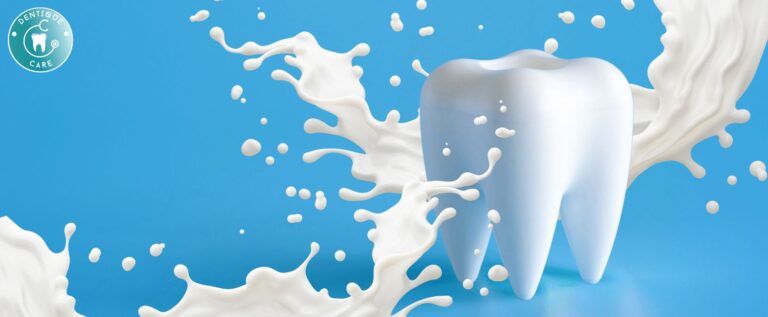A dental implant is a tiny titanium screw that is surgically fixed within your jawbone under your jawline. This screw will blend with your jawbone, forming a solid foundation for your tooth restoration.
The screw used is a replacement for your lost tooth's root. Not only does it join with your bone like a root, but it also preserves and conserves your bone structure.
Dental implants are artificial tooth roots applied to support a lost tooth for teeth restoration, assisting in stopping or preventing jaw bone loss. The implantation procedure is categorized as a form of prosthetic dentistry.
Types of Dental Implants
More than 60 companies manufacture dental implants or the elements used to build the restorations fixed on top of them. As a result, dentists have various alternatives for distinguishing the proper treatment for specific patient requirements. However, if you undergo an implant treatment by one dentist, then do not visit another dentist for a repair. Your new dentist may have inadequate experience with, or may not have access to, the material elements used by the previous dentist.
Dental implants ordinarily are classified based on the type of method used to place them: two-stage or single stage.
- Two-Stage Implants: A two-stage process requires surgery to place the implant into the jaw bone and stitch the gum tissue. Several months after recovering, a minor operation is conducted to connect an abutment and provisional restoration.
- Endosteal (Endosseous) Implants: These implants are placed in the jaw bone; endosteal is the most usually accepted type for two-stage implant procedures. Endosteal implants are placed originally as an option to a bridge or removable denture. Endosteal implants involve threaded screw types, smooth cylinder types or bladed types.
- Single-Stage Dental Implants: A single-stage process requires surgically installing a longer implant into the jaw, so it is above the jaw bone, with the top-level on the gum tissue, after which the gum tissue is stitched, leaving the implant cap visible. As a result, after healing, the abutment and temporary restoration can be fixed without the requirement for minor surgery to reveal the head.
- Subperiosteal Implants: It is fixed on the jaw bone within the gum tissue, with the metal implant screw exposed to support the restoration; subperiosteal are rarely if ever, applied today. Subperiostales were essentially used to secure dentures in place in patients with inadequate bone height.
- Immediate Dental Implants: These are basically the most advanced technology for dental implants in Lucknow. Here the screw is placed on the surgery day, and after 3-5 days of healing, the crown is placed. It consumes less time as compared to other implant procedures.
Why would you need a dental implant?
Dentists can practice dental implants to replace a single tooth, several teeth, or all of the teeth. The purpose of teeth replacement in dentistry is to restore capacity as well as esthetics.
When it comes to tooth replacement, usually, there are three alternatives:
- Removable dental instrument (complete denture or partial denture),
- A fixed cemented dental bridge, and
- Dental implant.
Dentures are the more affordable choice for replacing teeth but are the least acceptable because of the trouble of a removable instrument in the mouth. Furthermore, dentures can influence one's taste and sensible experience with food.
Dental bridgework was the more prevalent restorative prospect before the comparatively modern shift to dental implant treatment. The main downside to bridgework is the dependency on existing natural teeth for assistance. Implants are supported by the bone and do not harm surrounding natural teeth. Determining which option to pick depends on many factors. Particularly for dental implants, these factors include
- Place of missing tooth or teeth,
- Quantity and quality of the jawbone where the dental implant is to be fixed,
- The health of the patient,
- Patient's budget, and
- Patient choice.
The dental implant in Lucknow checks the area to be acknowledged for the dental implant and advances a clinical assessment of whether the patient is a fit candidate for a dental implant.
There are significant advantages to pick a dental implant for tooth restoration over the other options. Dental implants are conventional; missing teeth can be restored without harming or changing the adjoining teeth. Furthermore, because dental implants blend into the bone structure, they are very solid and can have the appearance and feel of one's own natural teeth.
Conclusion
Dental prosthetics with the proper dental implant in Lucknow to support can dramatically transform the life of someone who has lost teeth. However, a reputed institution like TeethCare Multispeciality Dental Clinic must carry out the procedure. A lot depends on the dentist/dentists' skill, and it is a complex surgical procedure; so, it is best not to take any chances with this one. The good news is that dental implants have a success rate of over 95% at TeethCare clinic.

